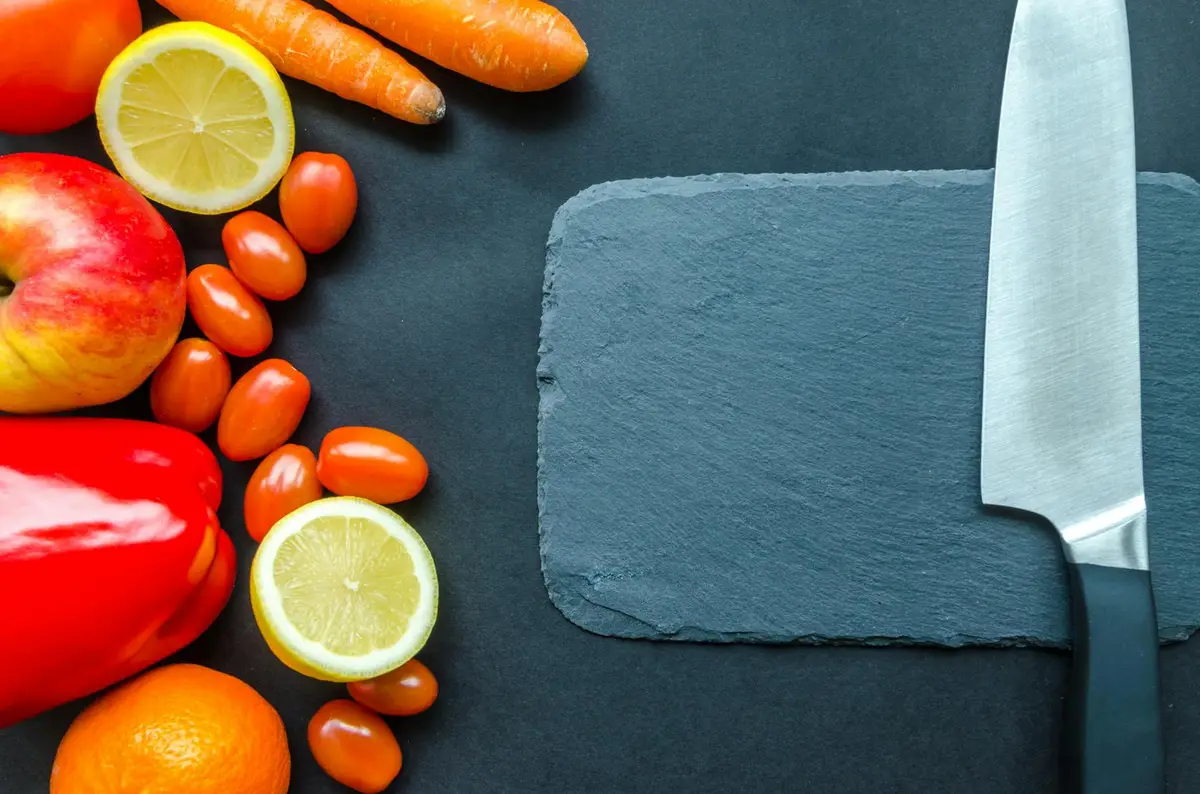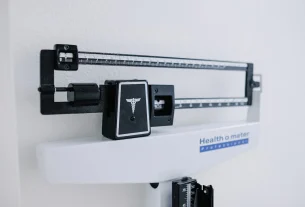Estimated Reading Time: 7 minutes
Estimated Reading Time: 7 minutes
AA women, we navigate a world of unique health needs, from hormonal shifts to the demands of motherhood and beyond.
That’s why it’s crucial to prioritize our nutrition, ensuring our bodies receive the vital building blocks they need to thrive.
It’s not just about calories; it’s about packing every bite with goodness.
This guide dives deep into the top nutrient-rich foods for women, offering practical advice and real-world examples to help you build a vibrant, energized life.
I remember when I first started focusing on my diet. It wasn’t easy. The supermarket aisles felt overwhelming!
But once I understood which foods truly fueled my body, everything clicked.
Energy levels soared, and the little aches and pains that used to plague me vanished. I hope this article provides a similar jumpstart for you.
Women experience a fascinating tapestry of biological changes throughout their lives.
These changes, from menstruation and pregnancy to menopause, underscore the critical importance of targeted nutrition.
Nutrient deficiencies can manifest in various ways, impacting energy levels, mood, and overall well-being.
The top nutrient-rich foods for women are those that offer a high concentration of vitamins, minerals, and antioxidants, supporting hormone balance, bone health, and cognitive function.
Consider the role of iron, crucial for preventing fatigue, or calcium, vital for strong bones.
A diet rich in the right nutrients can dramatically impact your overall health journey.
The power of food is truly remarkable, and learning to harness it is an act of self-care that pays dividends for years to come.
Let’s get straight to the good stuff! Here are seven categories, each bursting with the top nutrient-rich foods for women:
Leafy greens are your best friends! Think spinach, kale, and collard greens. They are brimming with vitamins A, C, and K, plus folate and fiber.
A simple salad loaded with these greens can make a huge difference.
I always add a handful of spinach to my morning smoothie, and I barely taste it, but I know I am starting the day with a boost of energy.
These foods also contribute to hormone regulation, essential for women’s well-being.
Berries like blueberries, strawberries, and raspberries are loaded with antioxidants, fighting off free radicals that can damage cells.
They’re also a good source of fiber, promoting healthy digestion and helping regulate blood sugar.
Consider the simple joy of a berry smoothie or a bowl of berries with a dollop of Greek yogurt.
They’re not only delicious but also incredibly healthy. I like to buy frozen berries, so I always have some on hand.
Salmon, mackerel, and sardines are rich in omega-3 fatty acids, which are crucial for brain health and reducing inflammation.
Omega-3s can also support heart health and may alleviate symptoms of PMS.
Aim for at least two servings per week, baked, grilled, or even added to salads.
Remember, these healthy fats are crucial, especially for cognitive functions as women age.
Almonds, walnuts, chia seeds, and flaxseeds are packed with protein, healthy fats, and fiber.
They make a great snack or addition to your meals, offering sustained energy. They also contribute to your daily needs of calcium and iron.
I keep a small bag of almonds in my purse for those moments when hunger strikes.
Dairy products (or fortified plant-based alternatives) provide calcium and vitamin D, essential for bone health.
Yogurt, kefir, and fortified almond milk are excellent choices. Consider the impact of strong bones on long-term health, particularly as we age.
If you are lactose intolerant or don’t enjoy dairy, plenty of alternatives are available on the market.
Eggs are a complete protein source and a great source of choline, important for brain health.
They’re also versatile – scramble them, fry them, or add them to your favorite dishes.
Their convenience and affordability make them a staple in many diets. I’ve found that eggs help keep me full and energized throughout the morning.
Lentils, beans, and chickpeas are excellent sources of fiber and plant-based protein. They help regulate blood sugar and keep you feeling full.
Incorporate them into soups, stews, or salads for a nutritious and satisfying meal.
Experiment with different kinds of beans and recipes to keep your meals exciting and your nutrition diverse.
Knowing what to eat is only the first step.
Here are some practical tips to help you integrate these top nutrient-rich foods for women into your daily life:
There are many myths about what women should eat. Let’s clear up a few of the most common misconceptions: Here are some stories from real women:
Sarah, 38: “I used to feel tired all the time.
I switched to the top nutrient-rich foods for women, incorporating more leafy greens, berries, and fatty fish, and I noticed a huge change in my energy levels.
My skin is also better, and I’ve lost a few pounds.”
Maria, 45: “I struggled with hormonal imbalances and mood swings.
Following a diet rich in nutrient-rich foods and working with a nutritionist, I found that my symptoms significantly improved.
It took effort, but it was worth it.”
Embracing the top nutrient-rich foods for women is an investment in your well-being.
By prioritizing these foods, you’re not just eating; you’re fueling your body, nourishing your mind, and supporting your overall health journey.
The journey to a healthier you is a marathon, not a sprint. Start small, be consistent, and celebrate every victory along the way.
Your body will thank you for it.
Remember, it’s not about perfection; it’s about progress. Every healthy choice you make today contributes to a healthier, more vibrant tomorrow.
Start incorporating these foods into your diet today, and experience the amazing results for yourself!
What are some of your favorite nutrient-rich foods? Share your tips and experiences in the comments below! And don’t forget to
Frequently Asked Questions
How much protein do women need daily?
Protein needs vary based on activity level, but a general guideline for women is around 0.8 grams of protein per kilogram of body weight per day. However, if you’re highly active or trying to build muscle, you may need more. Excellent protein sources include eggs, lean meats, fish, legumes, and Greek yogurt. Consuming sufficient protein supports muscle mass, helps you feel full, and aids in hormone production. Aim to include protein with every meal and snack.
What are some key differences in the nutritional needs of women vs. men?
Women have unique nutritional requirements due to their reproductive cycles, bone health concerns, and hormonal changes. For instance, women need more iron to offset losses during menstruation, and sufficient calcium and vitamin D to maintain strong bones and prevent osteoporosis. During pregnancy and breastfeeding, the need for many nutrients, including folate, iron, and choline, increases. Women also tend to have smaller body frames, leading to different calorie and macronutrient needs compared to men. The key is to focus on nutrient-dense foods that support hormonal balance, reproductive health, and long-term well-being.
Can specific foods help manage PMS symptoms?
Absolutely! Certain foods can help alleviate PMS symptoms. Magnesium-rich foods like dark chocolate, nuts, and seeds can help reduce cramps and mood swings. Calcium and vitamin D, found in dairy products and fortified foods, can improve mood and reduce fatigue. Omega-3 fatty acids from fish can combat inflammation and possibly reduce PMS symptoms. Limiting processed foods, sugar, and caffeine can also help. Experimenting with these dietary changes can provide significant relief, but it’s wise to consult with a healthcare professional or registered dietitian for personalized advice.
How can I ensure I’m getting enough iron in my diet?
Iron is crucial for women, and it can be challenging to get enough through diet alone. Include iron-rich foods in your meals, such as lean red meat, poultry, fish, beans, lentils, and fortified cereals. Pair these foods with vitamin C-rich foods, such as citrus fruits and bell peppers, as vitamin C enhances iron absorption. Avoid drinking tea or coffee with meals, as they can inhibit iron absorption. If you struggle to meet your iron needs through diet, consider taking an iron supplement, but always consult with your doctor before starting any supplement regimen to check your iron levels and avoid potential side effects.
What are some convenient snack options packed with nutrients?
Healthy snacking is vital for sustained energy and good nutrition. Keep nutrient-rich snacks on hand for those moments hunger strikes. Some excellent options include a handful of almonds or walnuts (healthy fats, protein), Greek yogurt with berries (protein, antioxidants), hard-boiled eggs (protein, choline), baby carrots and hummus (fiber, protein), apple slices with peanut butter (fiber, protein, healthy fats), and a smoothie made with spinach, fruits, and protein powder. These snacks provide a combination of protein, fiber, and healthy fats, keeping you feeling full and energized between meals.




